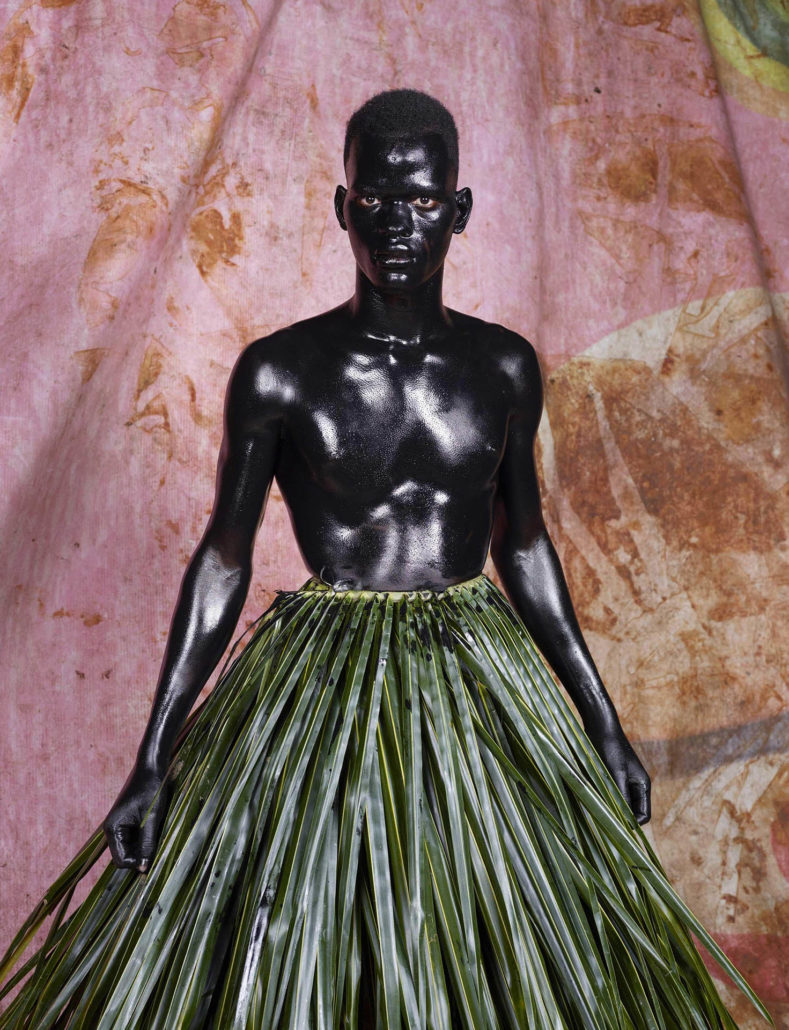This post is also available in:
 French
French
Cimarron is the third chapter in a series of photographs that Charles Fréger began in 2014 featuring people in masks. After Wilder Mann (ongoing since 2010), which focuses on the European continent and Yokainoshima (2013-2015), which was carried out in Japan, Cimarron (2014-2018) is rooted in the Americas. Stretching from the southern US to Brazil and covering fourteen countries, here, Charles Fréger decided to draft a non-exhaustive inventory of mask-related rituals practiced primarily by the descendants of African slaves, celebrating the memory of their peers and their unique cultures.
”Cimarron” – the name of the series – was a term initially used in the Hispanic colonial world to refer to a fugitive slave. It then gave rise to the term marron (”brown” in French) and was used after 1848 – the year in which slavery was abolished in France – to designate the heroic figure of a man resisting oppression. Behind the multitude of masked traditions presented here, there are the ghosts of men and women who aspired to freedom.
Beyond all the masks, make-up, costumes, jewellery and accessories, this body of work features an interlacing of indigenous and colonial African cultures caught up in a dizzying, syncretic spin that spans several centuries. More than ever, masquerades are treated here as territories where one community looks at another, a space where the relationship with the oppressor is replayed out or reinvented, either to mimic or reverse it – and always to subvert it.
At the Château des ducs de Bretagne, sixty-four photos are presented in the exhibition building, while six others echo the history museum’s permanent collections in the rooms linked to the Slave Trade and Haitian Revolution.
From 02/02/2019 to 14/04/2019
CHÂTEAU DES DUCS DE BRETAGNE
4 place Marc Elder
44000 NANTES
France
Opening hours : Every day except Monday from 10am to 6pm
Phone : 02 51 17 49 48
contact@lvan.fr
www.chateaunantes.fr



